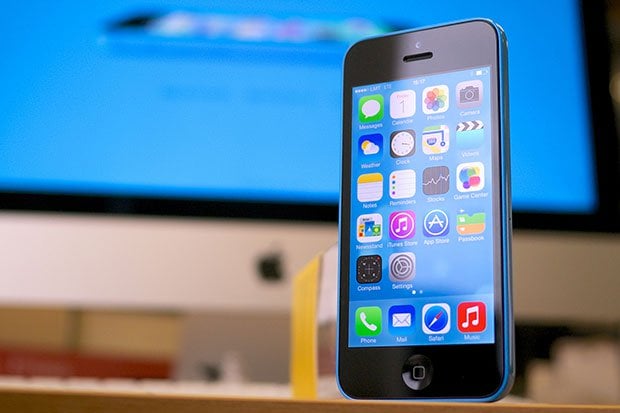Sources Claim Law Enforcement Is Using Fingerprints Of Dead People To Unlock iPhones
The Apple iPhone has become so common with both upstanding citizens and nefarious criminals that law enforcement frequently is faced with trying to unlock the devices of people who are suspects in crimes to gather evidence. For suspects that are deceased, gathering evidence can be a challenge for law enforcement officials.

The FBI was involved in the first known instance of using a deceased suspect's fingerprint attempt unlocking an iPhone. The case in question was the terrorist attack committed by Razak Ali Artan where the attacker was shot and killed by a police officer. FBI forensics specialist Bob Moledor has detailed that case for Forbes and says that in that particular case, the fingerprint of the deceased didn’t open the iPhone and it was accessed using other means.
However, in other cases, fingerprints of the dead have been used to access iPhones. Forbes cites sources that talked off the record about separate cases in New York and Ohio where fingerprints of the deceased did unlock iPhones for authorities. This technique has reportedly been used in overdose cases when the authorities attempt to find evidence of the dealer who sold the drugs.
If you are wondering, it is legal for police to use this technique as once the person is dead they no longer have a privacy interest and have no standing in court to assert privacy rights. Relatives and others have minimal chance to stop the use of fingerprints. Marina Medvin,
Ohio Detective Robert Cutshall said, "We do not need a search warrant to get into a victim's
Face ID could be a boon for authorities when it comes to accessing iPhones as the tech can be fooled simply using photos of the owner with open eyes. Cloudflare researcher Marc Rogers says that photos from many angles can open Face ID and the camera only needs to see one open eye. He said, "In that
There is no indication right now that police have opened an iPhone X using Face ID. Cutshall said, "I've not be told there's a legal issue to use people's fingerprints or facial recognition to get into a phone... [if it's part of a legal process] that'd be something we would do."

